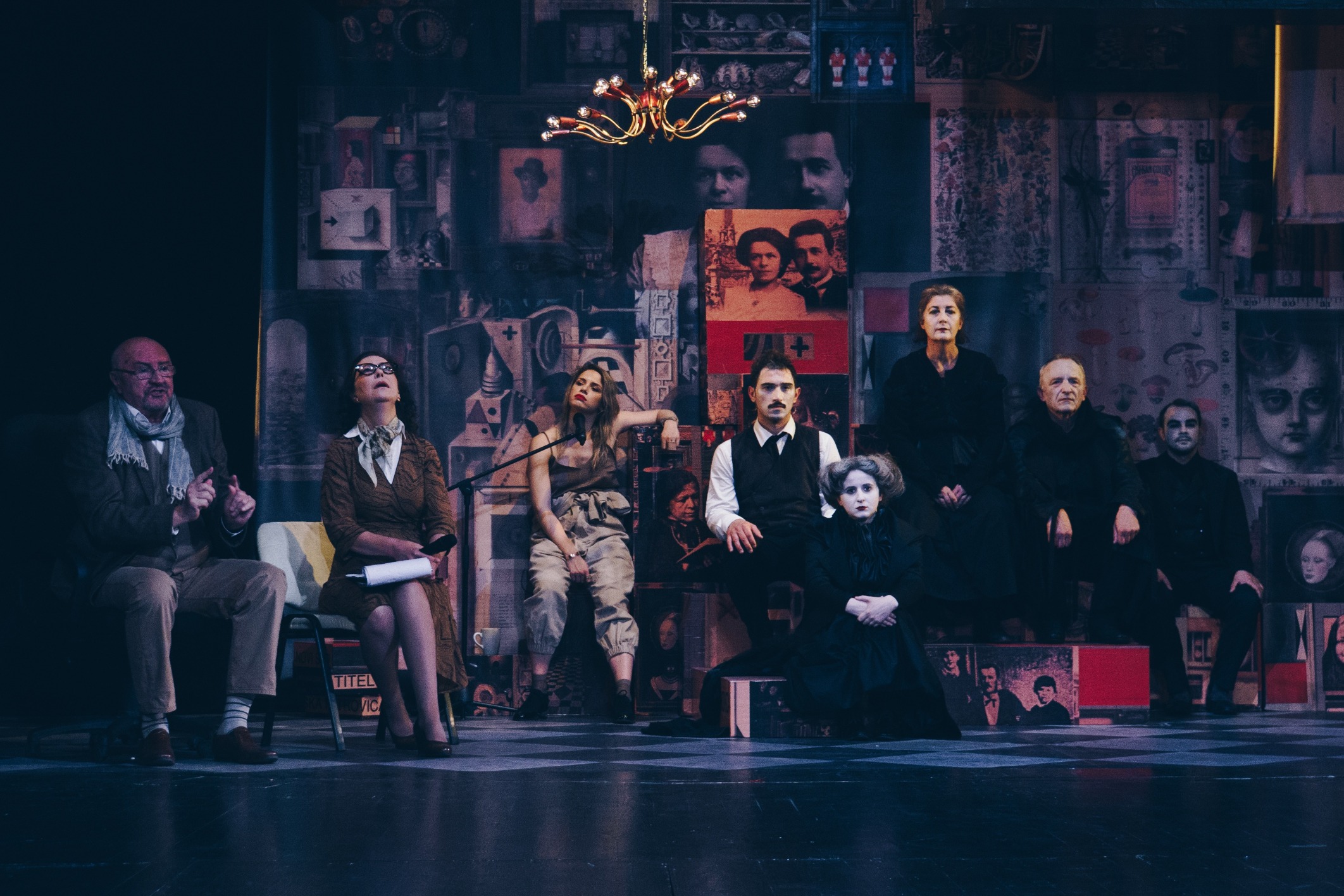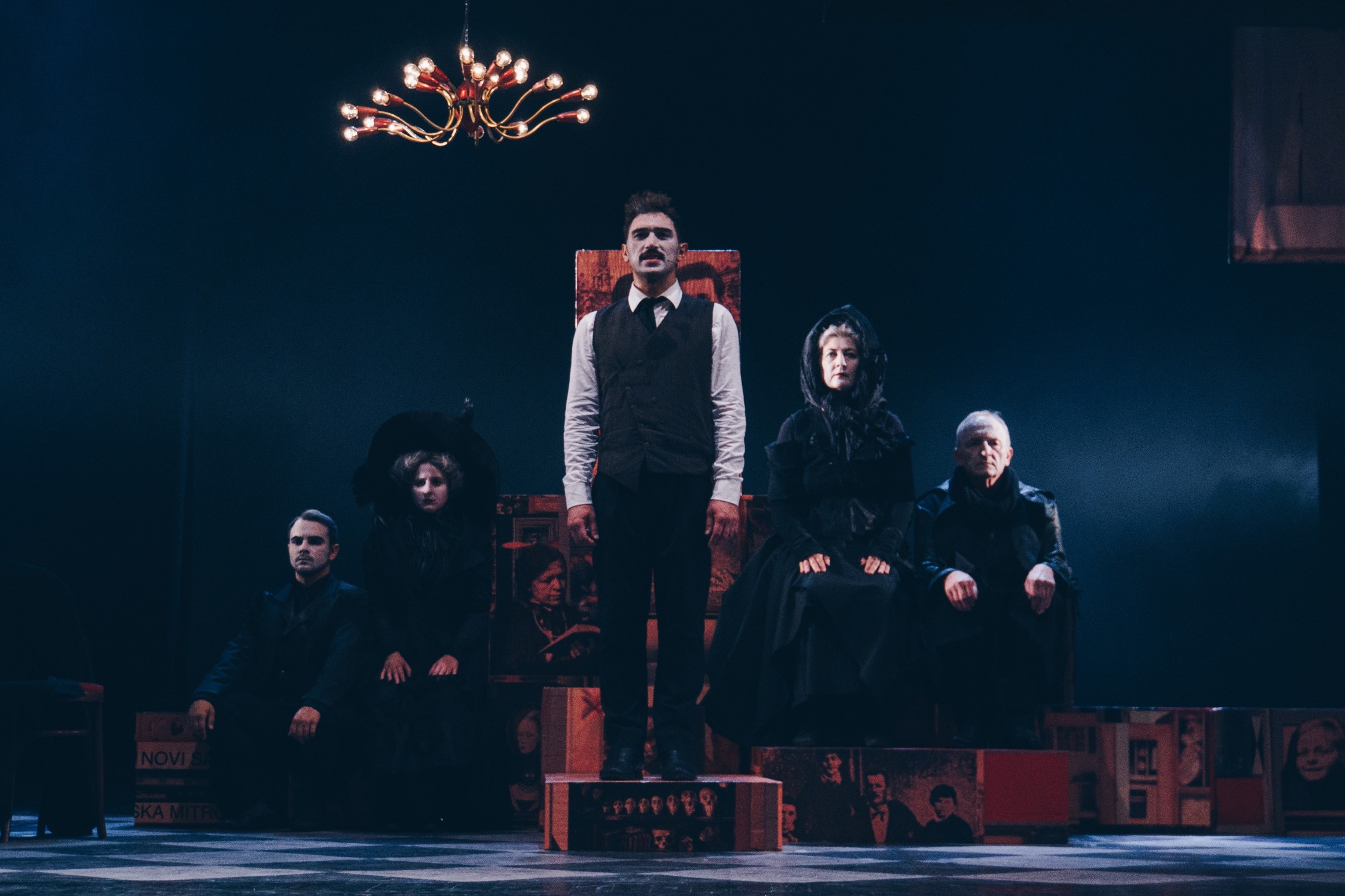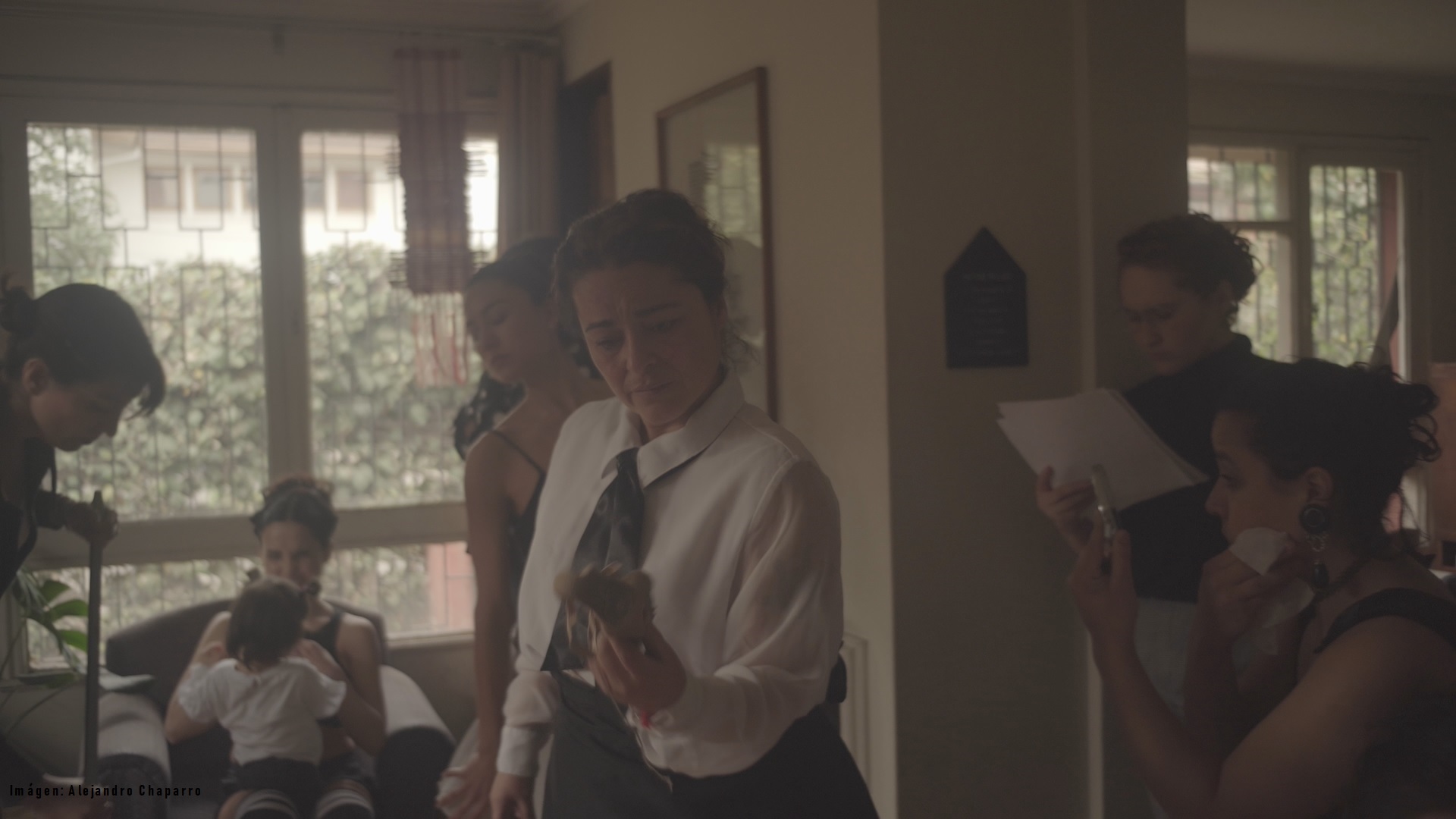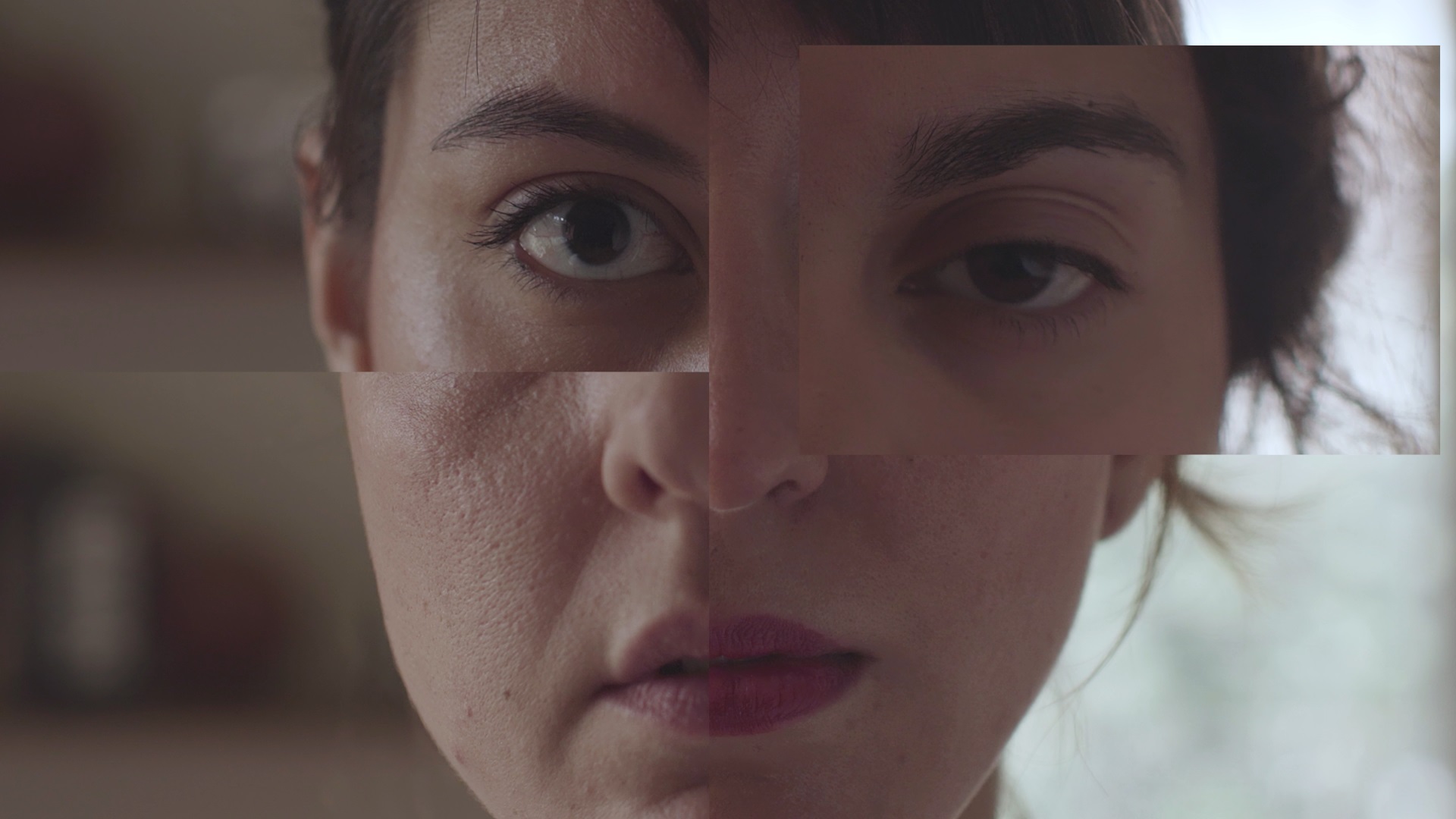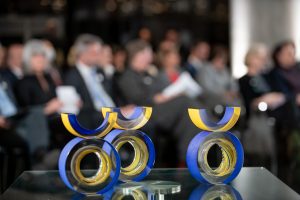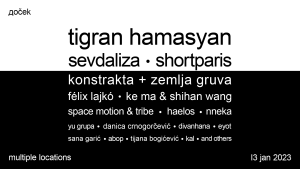Mileva Marić Einstein’s life, unique in all respects, was universal enough to take it as the backbone of the story of European women who, like her, followed an uncertain path of science at the turn of the century, when women were just gaining the right and access to higher education and academic careers. The path of the great Serbian scientist, the heroine who inspired the eponymous programme of the European Capital of Culture together with other great women, will be presented through the play ‘Mileva’, which brought together regional theatre authors, and the documentary ‘Mileva Project’ by three Chilean directors.
The play ‘Mileva’ by director Anica Tomić, adapted by Jelena Kovačić, will open Sterijino Pozorje Festival on 26 May at 8 p.m., on the ‘Jovan Đorđević’ Stage of the Serbian National Theatre. The play was co-produced by the National Theater from Sombor, the ‘Novi Sad – European Capital of Culture’ Foundation and Sterijino Pozorje, which will be opened with a premiere for the first time.
The life of Mileva Marić Einstein was adapted both historically and artistically, but most often in the so-called psychological, familial, and personal key, whereas the play ‘Mileva’ tells the story of this scientist from a woman’s perspective. As the director Anica Tomić points out, this play is a dedication to Mileva and her voice that was taken away from her, but also a rebellion against prejudices about her.
‘While thinking about Mileva, I pictured a woman who would be strong and powerful today, who would give her voice to all women and represent their rights. When we received the scripts of one of the most compelling authors in the region, we tried writing a story that would give Mileva a new meaning, that would re-examine her suffering, and her desires, but which would also appeal to us who treat her as property and hide behind her name, as if it were ours, bragging about it in order to give ourselves importance’, said Anica Tomić.
A special quality of this theatrical production is given by the interesting regional cooperation of notable and award-winning authors of the younger generation – Minja Bogavac, Olga Dimitrijević and Tijana Grumić from Serbia, and Vedrana Božinović and Vedrana Klepica from Croatia, who worked together on this script about life, destiny, and scientific work of Mileva Marić Einstein.
The round table on the play ‘MILEVA’ will be held in the upper lobby of the ‘Pera Dobrinović’ Stage of the Serbian National Theatre on the following day, 27 May, at 11 a.m. The authors will be present at the round table discussion, which will be open to the public. The round table will be led by Sterijino Pozorje’s associates, director Vlatko Ilić, PhD, and literary historian and theatrologist Isidora Popović, PhD.
On the same day, 27 May, at 12.30 p.m., on the Chamber Stage of the Serbian National Theatre, the audience will have the opportunity to watch the documentary Mileva Project | The Documentary: Nothing Is Seen Favorably the Moment It Is Seen by the Chilean Colectivo Homónimo, which consists of three actresses and directors, Cecilia Yáñez, Melissa Brandt, and Valentina Parada. The film is comprised of three chapters that deal with three different topics: Mileva Marić, others like her, and the collective need to change the patriarchal paradigm.
‘From the start of the “Mileva” project until now, we have collected and created a lot of audio-visual material (photos, teasers, interviews, rehearsal videos, etc.) with the desire to make a documentary linking the case of Mileva Marić with feminist collective processes aimed at demystifying traditional heroic figures’, pointed out the directors from the Homónimo Collective.
Tickets for the play ‘Mileva’ can be reserved or purchased in the office of Sterijino Pozorje (22/1 Zmaj Jovina Street), on working days from 10 a.m. to 4 p.m. The ticket prices are RSD 800 (main floor) and RSD 600 dinars (balcony). Admission to the round table and the documentary is free.
The Heroines programme arch, one of the eight programme arches of the European Capital of Culture, deals with the promotion and encouragement of women’s culture, art, creativity, and heritage, in order to create a just and gender-equal society.
Erste Bank is the partner of the Heroines programme arch.
Photo: Nađa Repman, Promo
